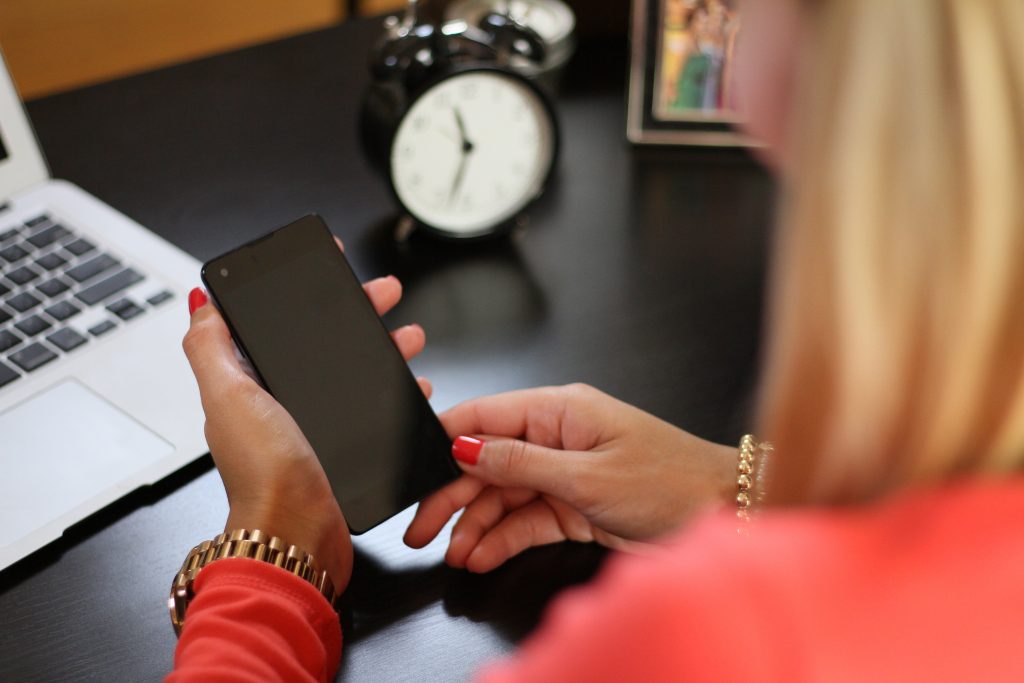
14 Apr 6 Tips for Distance Learning during Lockdown
One of the new challenges presented by lockdown measures is that of distance learning. With schools and universities generally closed, students are having to resort to attending class, watching lectures and turning in assignments all online.
Loss of routine, unfitting environments and just all-out strangeness of the present situation can make concentrating on education right now very difficult. However, with it uncertain how long the lockdown will continue for, we all need to be able to adapt and adjust so we can find how to stay engaged, keen and productive in these overwhelming times. Here are 6 tips to make distance learning just that little bit easier:
#1 Structure it
With nowhere we have to be, our days can have very little structure. This can result in long, drawn out and distraction-heavy study sessions. To keep your sessions brief but productive, create some sort of schedule. This can be a fully planned out timetable or even just a checklist. Note that this structure should include having a fixed bed time. Stop working a minimum of few hours before this to allow your brain to wind down; otherwise, you will be too alert to sleep. Sleep shouldn’t suffer just because we have nowhere to be early the next morning!

I personally prefer making a checklist at the beginning of the day of tasks that need to get done. Right now, a lot of us will be finding that our productivity can be hindered by outside events, and we may not be able to concentrate for as long as we timetabled. By focussing on tasks instead of time, we will be less harsh on ourselves if we do slip from schedule, rewarding and feeling good about ourselves when we can physically tick off things we’ve accomplished at the end of the day.
#2 Schedule breaks
Be kind to yourself. Trying to work for too long will just result in concentration lapses and therefore a decline in productivity. Limit the length of your study session so that you are never working for long enough that you get fed up. This will allow you to keep a healthier, happier attitude towards your work.
In addition to this, most of us will find that our distance learning is predominantly computer based. Looking at a computer for too long can cause headaches, eye strain and dry eyes. It is therefore incredibly important that we give ourselves time away from our screens.
On this note, maybe using tech to relax during your breaks isn’t the best idea. Take a look at our analogue activities suggestions for non-screen fun activities to take our minds off work!
I find that mealtimes are a great opportunity to take a longer break of an hour or so. Make the most of being in by taking the opportunity to prepare yourself something tasty and nutritious for lunch and dinner. It will be a welcome change from your usual packed lunch on the go!
This approach should extend to how you view your week. You’re working hard, even at home, and so you still deserve time off. Honour weekends; use them as a chance to relax. Whether this is by spending time together with family (only those you live with!), working on a hobby of yours, or even just using the time to read or watch TV, it’ll be a welcome and well-earned longer break.
#3 Eliminate tech distractions

First and foremost: put your phone away! Believe me, I know the temptation of the phone on the desk. It doesn’t even have to buzz. I find that the simple presence of the phone is a distraction itself, and, similarly, research shows that a phone’s presence alone is enough to impair learning. Therefore, I never even have my phone resting on my desk whilst I work. I put it out of sight, out of mind and waiting there for me after my work session.
Additionally, close any non-work related tabs and programs running on your computer. Having them in the background is another huge distraction, and can cause the mind to wander. Don’t even open up a tab to check the news midway through. With all that’s going on, scanning new pandemic stats and advice whilst trying to work is just going to cause unnecessary stress and loss of focus as you will struggle to go back to concentrating on your work. Get your task done, and then check the news when you are finished.
#4 Move around
Another great way to break up your study sessions, if you have the luxury, is to vary your study space. Attend a class from your bedroom; do your homework in the kitchen. You may then feel a bit less lethargic and cooped up than if you had been working from one space all day. However, as tempting as it may be, never work from bed. It’s not good for sleep or productivity.
#5 Exercise

If able to, do some exercise! Whatever the intensity, moving about and doing something completely different from your work will keep your brain fresh and help you focus better when you return to your work. This could even be a quick 10 minute yoga workout in your room. Studies show that exercise enhances learning and memory, and it will also add variety to your day.
#6 Ask for help
It’s so important for a multitude of reasons that we stay connected. Check in on your friends. How are they doing? How are they finding the lessons? Crucially, if you are struggling, don’t be afraid to tell someone this!
If the struggle is academic, there will always be a friend or a teacher willing to help. If you need extra help, don’t be afraid to contact them, just as you would in your normal learning environment. A video call study session with a friend could be fun!
There is no shame in finding the whole current situation and your new learning environment overwhelming and difficult to adjust to. Talk to friends, family, teachers – people will be there to listen. It’s only natural to feel a certain level of anxiety at present, but whether academically or mentally, it is important that you communicate any concerns to someone.
We’re providing updated resources specifically during the pandemic period so check back regularly for other ideas on how to use screens healthily at this tricky time.





Sorry, the comment form is closed at this time.